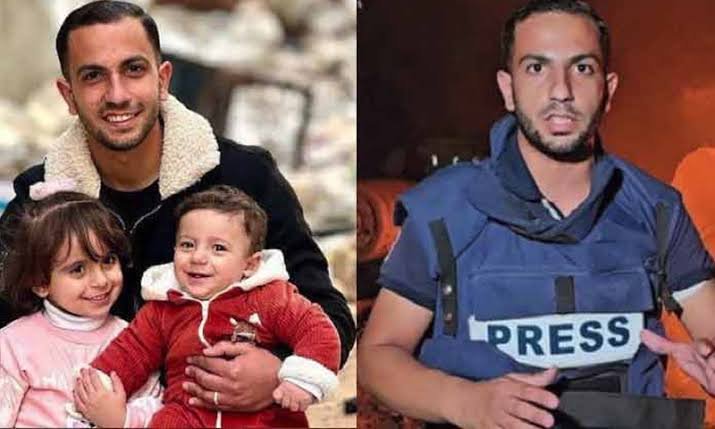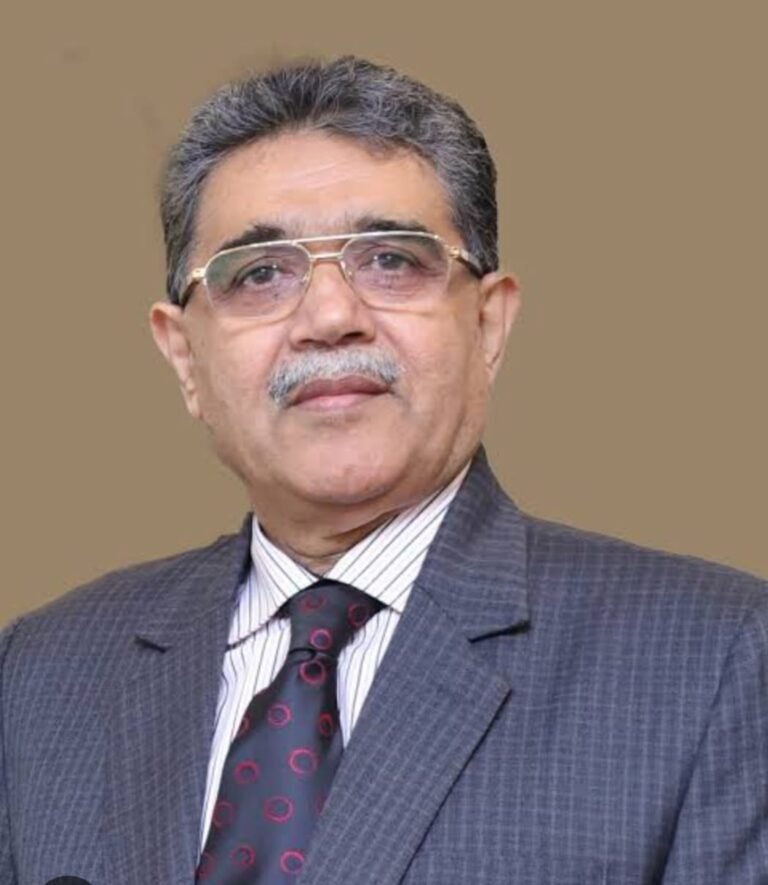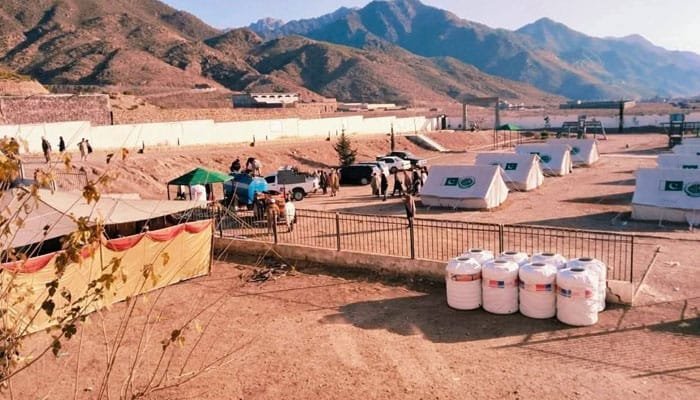Gaza: Heartbreaking Testimony of Slain Journalist’s Widow Goes Viral
Gaza – The widow of Al Jazeera journalist Anas Al-Sharif, who was killed in an Israeli airstrike, has shared an emotional account of her husband’s final days, in an interview conducted by fellow correspondent Yusra Al-‘Aqlooq. Her testimony, filled with grief and intimate memories, has gone viral across Arab social media, symbolizing the heavy human…
Gaza – The widow of Al Jazeera journalist Anas Al-Sharif, who was killed in an Israeli airstrike, has shared an emotional account of her husband’s final days, in an interview conducted by fellow correspondent Yusra Al-‘Aqlooq. Her testimony, filled with grief and intimate memories, has gone viral across Arab social media, symbolizing the heavy human cost of the war in Gaza.
In the interview, Anas’s widow, Bayan, recalled his unexpected late-night visit just days before his death. She described how he woke their children, embraced them repeatedly, and spoke of his longing for peace and a simple life. She remembered his unusual fatigue that evening, his silent eyes, and what she now realizes was a hidden farewell.
Two days later, on August 14 – her birthday – Anas returned home not with a gift, but lifeless, carried on the shoulders of mourners. She was given just one minute to say goodbye. “I begged them to uncover his face so I could kiss him one last time,” she said. “But his eyes were gone.”
The couple’s daughter, Sham, only five years old, has been deeply traumatized, asking repeatedly why her father never came back. Their younger son, Salah, just 18 months old, had only begun calling him “Baba.” Bayan recalled through tears: “If you count the days they spent together, they don’t even add up to a month.”
Anas had long faced threats for his reporting. In his final phone call, minutes before the strike, he urged his wife to flee south for safety. She refused, telling him she could not live apart from him. Soon after, the bombing claimed his life.
Born in 1996, Anas was the youngest of seven brothers. He studied media at Al-Aqsa University and became known as a fearless journalist whose camera captured the realities of Gaza. For his widow, however, he was more than a reporter: “Anas was a devoted husband, a loving father, a man of faith. To me, he was everything. Who will give me back my crown now?”
Observers say Bayan’s testimony is not only the story of a journalist slain in the line of duty, but also a universal tale of love, loss, and resilience in the shadow of war.







